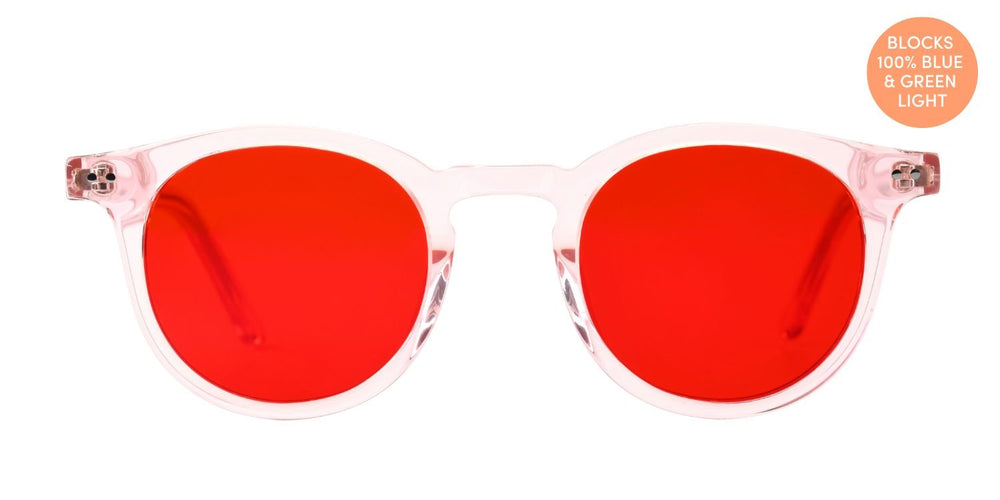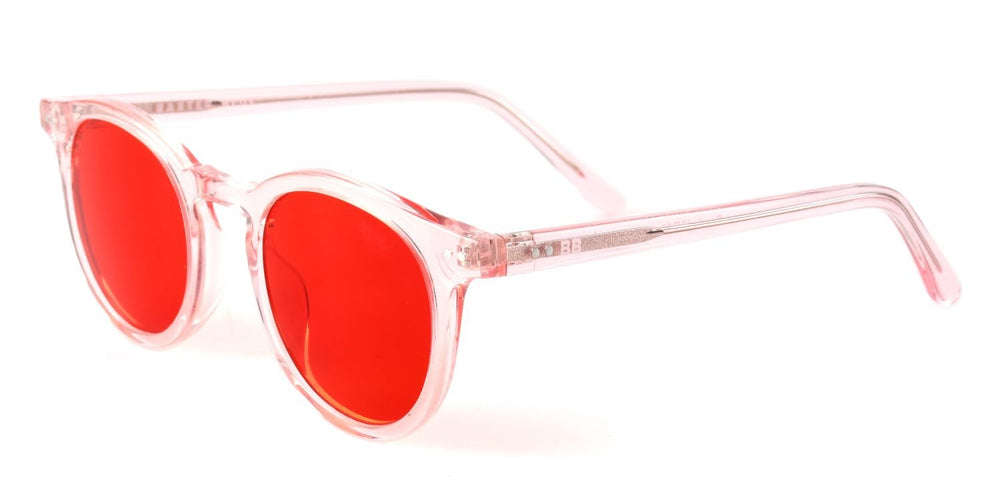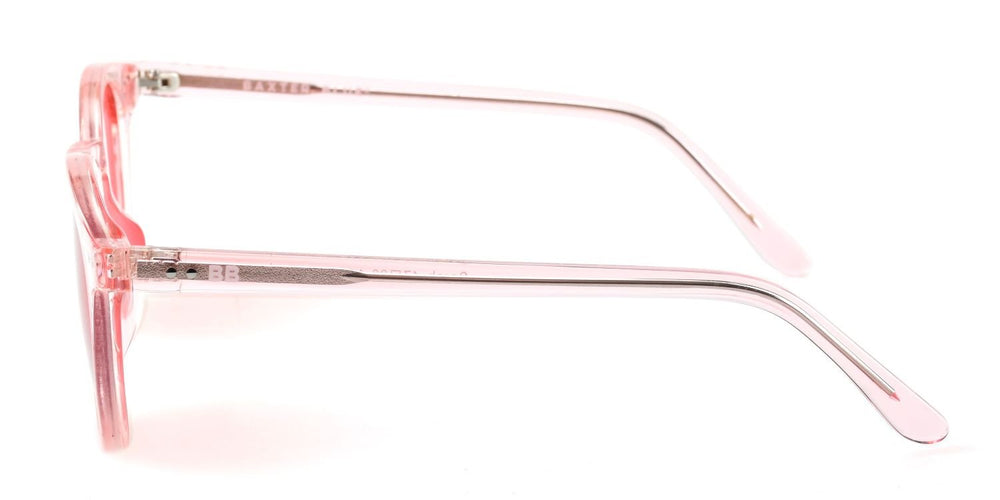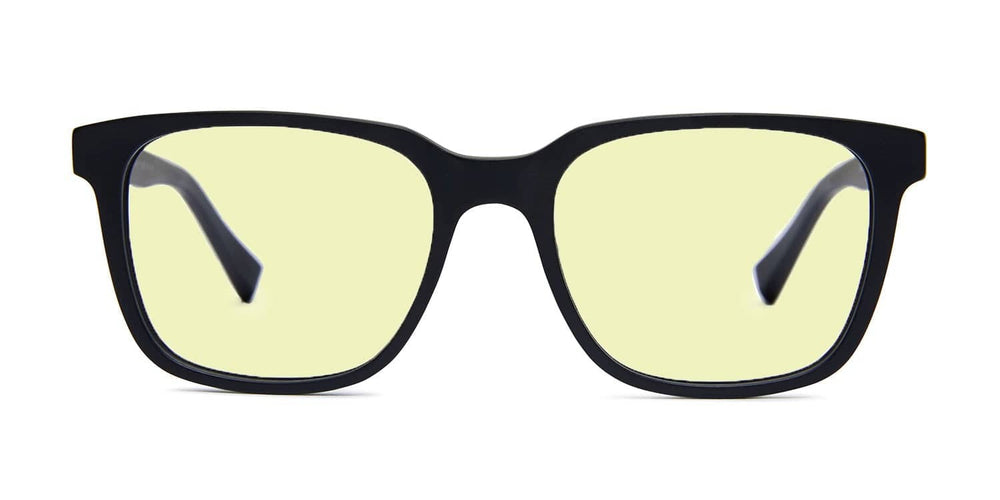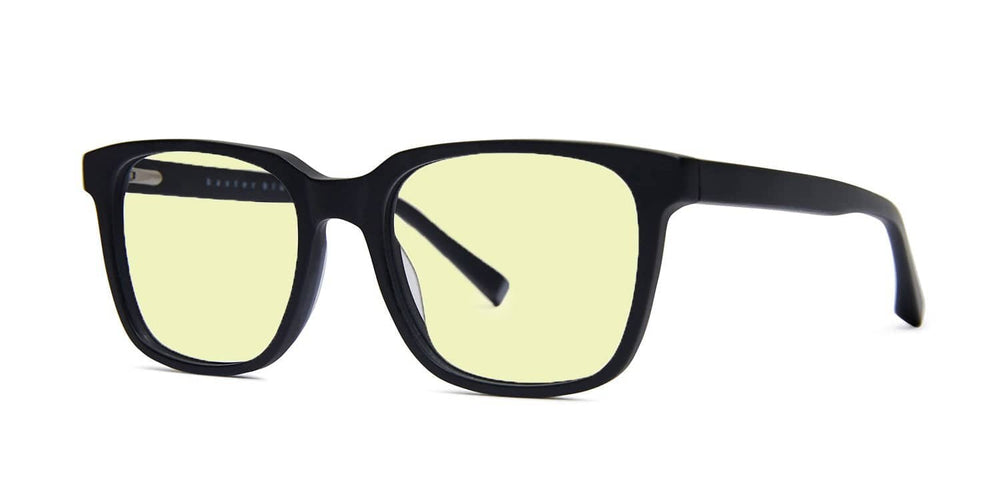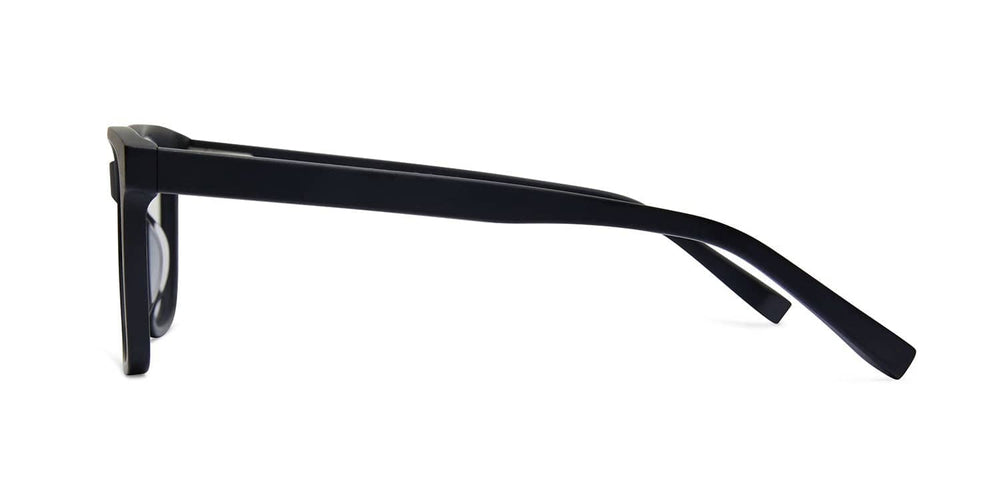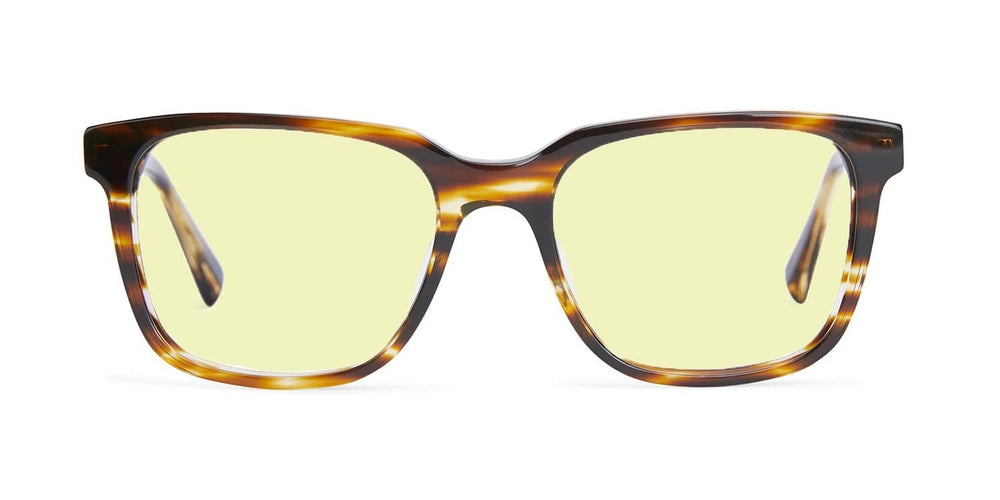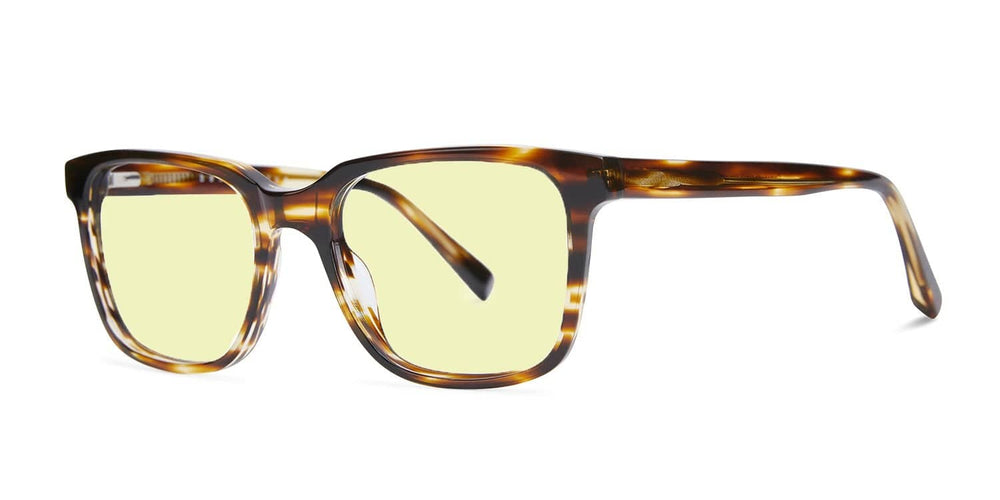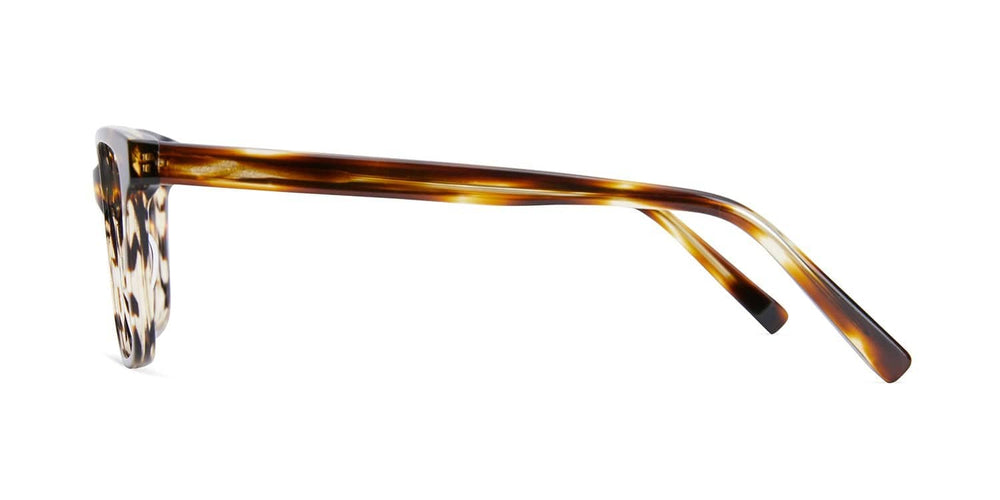Get 20% off 2 or more full priced Baxters or Wellbeing products! Add another full priced item below and a 20% discount will be applied to your overall order at checkout. That's right, 20% OFF your order!
Choose a category
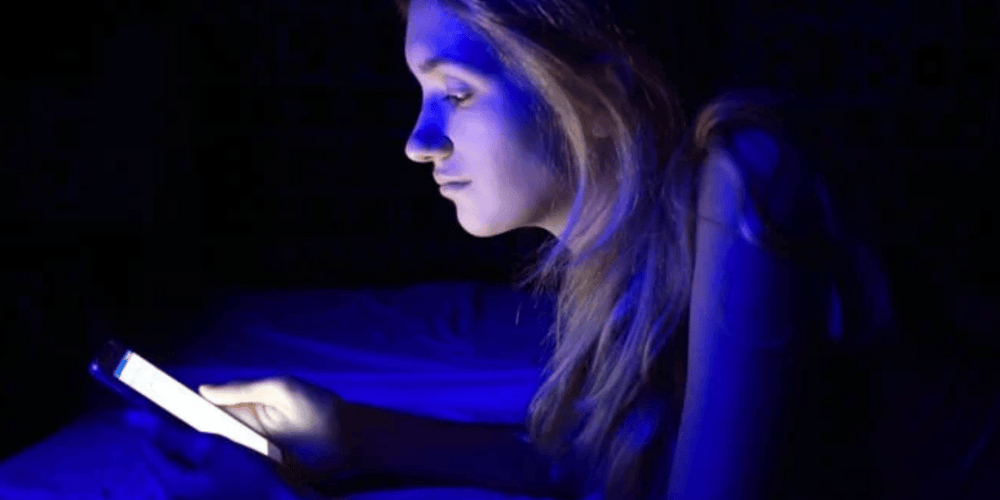
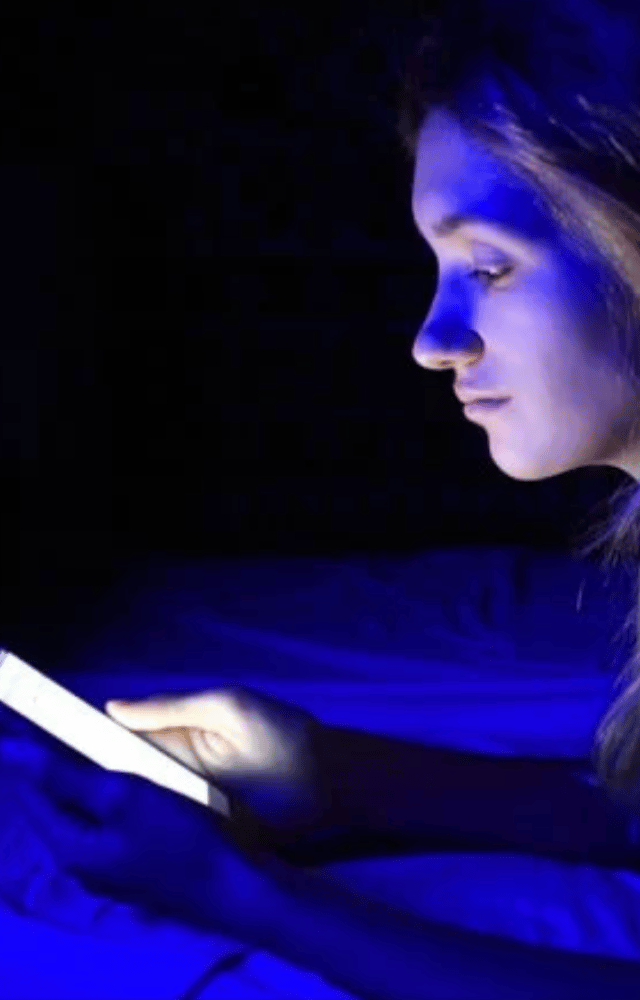
How Blue Light at Night Affects Your Sleep (and What to Do About It)
14.03.23
In today’s always-on world, many of us wind down at night with a glowing screen or sit beneath bright household lights long after the sun has set. But did you know that exposure to artificial light - particularly blue light - in the evening can seriously disrupt your sleep?
It’s not just your phone. The LED lights in your home could also be sending mixed signals to your brain, keeping you wired when you should be winding down. In this article, we’ll explain how blue light affects your sleep, why your circadian rhythm matters, and what you can do to reduce light-related sleep disruption - starting tonight.
What is blue light?
Blue light is a high-energy visible (HEV) light with short wavelengths and high intensity. It’s naturally present in sunlight and plays an important role in regulating your body’s circadian rhythm - your internal body clock that tells you when to wake up and when to sleep.
The problem? In the evening, exposure to artificial sources of blue light - like your smartphone, tablet, TV, and even overhead LED lighting - can throw your body off track. These sources mimic the effect of daylight, suppressing melatonin production (your sleep hormone) and making it harder to fall asleep.
How Does Blue Light Affect Our Sleep?
When it gets dark, your brain should naturally start producing melatonin to prepare your body for sleep. But when you’re exposed to blue light at night, your brain gets the wrong message: stay alert. This can delay melatonin release, disrupt your sleep-wake cycle, and reduce the quality of your sleep - particularly REM sleep, which is vital for memory, mood, and cognitive function.
This disruption can leave you feeling tired in the morning, groggy throughout the day, and wide awake again when you should be winding down.
What Can We Do to Minimise the Negative Effects of Blue Light in the evening?
Fortunately, there are several things we can do to minimise the negative effects of blue light on our sleep. Here are a few tips:
1/ Use dimmer lights in the evening. Bright lights, especially those that emit blue light, can interfere with our sleep. Consider using dimmer lights or red-tinted lights in the evening to create a more sleep-friendly environment.
2/ Switch to circadian friendly light. Traditional LED lighting can suppress melatonin in the same way screens do. Our Circadian Bed Lamp adjusts throughout the day - bright and energising in the morning, warm and dim in the evening - to support your body’s natural rhythms.
3/ Avoid electronic devices before bedtime. If possible, try to avoid using electronic devices for at least an hour before bedtime. If you must use them, consider using a blue light filter or installing a blue light-blocking app on your devices.
4/ Get plenty of natural light during the day. Exposure to bright natural light during the day can help regulate our circadian rhythms and make it easier to fall asleep at night. Try to get outside for at least 30 minutes each day, especially in the morning.
5/ Consider using blue light-blocking glasses. Baxter Blue has a range of sleep blue light glasses that can help reduce the amount of blue light that reaches your eyes, making it easier to fall asleep at night. These glasses are especially useful if you work night shifts or have to use electronic devices before bedtime.
6/ Try Red Light Therapy Before Bed. Studies show that red and near-infrared light may help calm the nervous system, reduce inflammation, and support deeper sleep. The Red Light Therapy Mini is perfect for nighttime use - just 10 minutes before bed can help signal your body to rest and repair.
The Bottom Line
Sleep isn’t just about how long you rest - it’s about when and how your body prepares for it. Reducing blue light exposure in the evening is one of the simplest, science-backed ways to improve your sleep quality.
By making a few light-smart changes - like wearing blue light glasses, adjusting your lighting, and using red light devices - you can support your body’s natural rhythm and wake up feeling truly rested.
Baxter Blue's range of Sleep Blue Light Glasses


